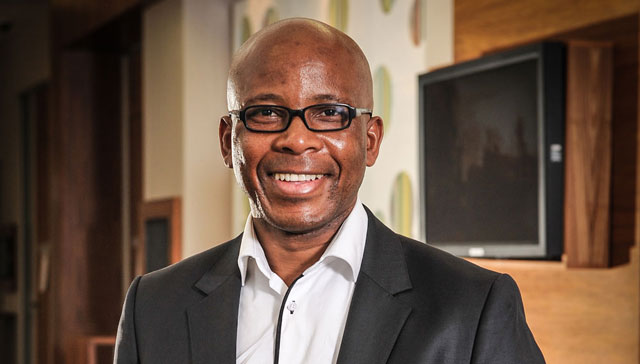
South Africa is set for increasing sharing between mobile networks as profitability pressures force compromise, according to the MTN South Africa CEO.
Reduced profitability is pushing network operators to collaborate on the building of infrastructure.
“In a saturated market, one of the things that you have to drive is operational efficiency,” Mteto Nyati said about the South African mobile market.
The GSM Association pegs unique mobile subscribers in South Africa at around 43m as a result of the falling average price of smartphones.
Owing to the large market, Nyati said that building duplicate networks was inefficient in some areas.
“That is wasteful expenditure. Think about how big South Africa is; we also need to be covering rural areas. We need to find ways and means of saying where should we be competing and where should we be collaborating? And that requires a certain level of maturity.
“Because our operations are not delivering the same kind of profitability that they have in the past, and yet the shareholders expectations remain the same. That pressure is forcing leadership to become mature quickly.”
The GSMA has previously reported that tower companies are increasing their share of cellular infrastructure from just 1% in 2009 to 29%, or 47 500 towers, in 2014.
Reports indicate that MTN is willing to sell towers to IHS Holding for up to R2bn and Cell C sold mobile towers to American Tower Corporation for cash to pay off debt.
“The area where we make the biggest spend is this area of capital expenditure related to the network and that’s the area where we have decided with a number of players to collaborate,” Nyati said.
MTN South Africa ended the second quarter of 2015 with 28m subscribers at R85,16 average revenue per user.
Nyati said that MTN was intent on keeping customers in the company’s ecosystem to mitigate the value of network as a differentiator.
“When you reach a point of maturity of the industry the things that will separate you are the types of services you can deliver on top of that network. It’s not necessarily the network itself.” — Fin24




